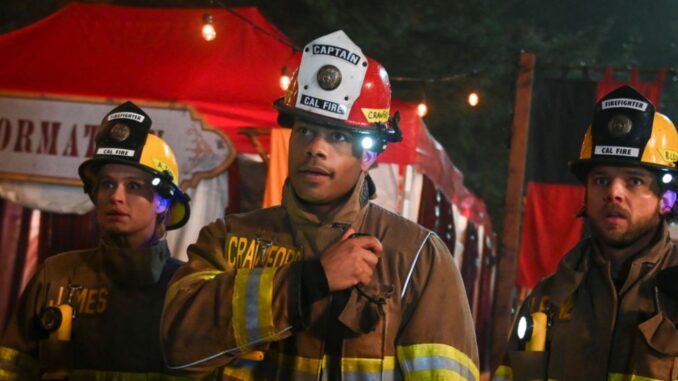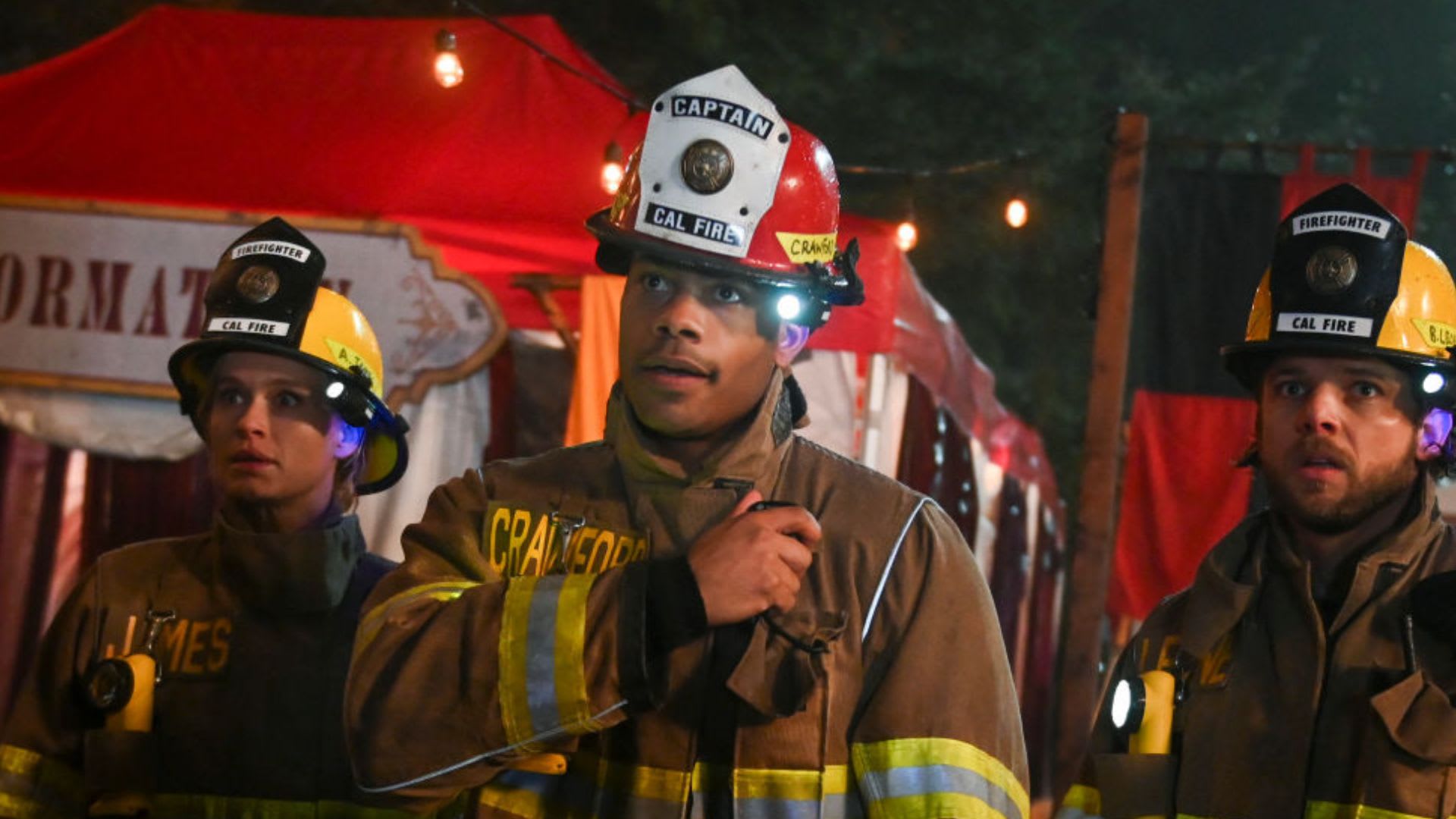
The Aftershock of a Story Untold: When Fire Country Ignited a Fandom Firestorm
The very fabric of television drama is woven with threads of anticipation and revelation. We tune in, week after week, to witness characters we’ve come to know and love navigate treacherous landscapes, both literal and emotional. We invest our time, our theories, and a piece of our hearts. So, when a show like “Fire Country,” known for its high-stakes drama and deep emotional resonance, drops a “massive Season 4 reveal” – a seismic shift in its narrative foundation – it doesn’t just leave fans stunned; it triggers a collective narrative earthquake, an experience far more profound than mere surprise. The “md11” moment, as it would be dubbed in the fervent online fan communities, becomes a defining event, re-contextualizing everything that came before and setting the stage for an explosive future.
Imagine the scene: the season finale, taut with suspense, has built to an agonizing crescendo. Our protagonist, Bode Leone, having seemingly found a semblance of stability and purpose, faces yet another crossroads. The air is thick with the smoke of a devastating inferno, mirroring the internal turmoil of the characters. Just as the blaze is contained, and the heroes gather, exhausted but victorious, the camera pushes in. A seemingly innocuous conversation, a dropped photograph, a cryptic confession from an unexpected source – and then, the bomb drops. The “md11” reveal isn’t just about who caused the latest fire, or who lives or dies; it’s a truth so fundamental, so deeply entwined with the show’s core mythology, that it retroactively redefines the entire series.
Let’s hypothesize such a reveal for “Fire Country,” a show built on themes of family, redemption, and the ghosts of the past. What if the massive “md11” reveal was that the devastating fire that claimed the life of Riley, Bode’s sister and the catalyst for so much of his journey, wasn’t a tragic accident after all? What if it was a deliberate act, and the true orchestrator, or at least a knowing accomplice, was someone deeply trusted, someone woven into the fabric of the Leone family itself – perhaps a beloved community leader, a long-standing fire chief, or even a mentor figure to Bode or Vince? The shock would not merely be about the identity of the culprit, but the shattering implication that the very foundation of their grief, their pursuit of justice, and their understanding of their own past has been built on a lie, painstakingly maintained by someone they implicitly trusted.
The immediate aftermath of such an “md11” reveal is a spectacle in itself. The initial moments are characterized by stunned silence, a collective gasp echoing through living rooms across the nation. Then, almost simultaneously, the internet ignites. Twitter erupts with a cascade of all-caps exclamations: “NO WAY!,” “I KNEW IT!,” “My jaw is on the floor!” Reddit threads become furious hubs of speculation, theories, and disbelief. Fans, clutching their metaphorical pearls, re-watch the final seconds, desperate to find clues they missed, a breadcrumb trail that now seems glaringly obvious in hindsight. The “md11” reveal isn’t just a plot twist; it’s a gauntlet thrown down by the writers, challenging the audience’s perception and loyalty.
Beyond the initial shock, the reveal fosters a profound period of re-evaluation and passionate debate. Old episodes are meticulously re-examined through a new lens. Every glance, every line of dialogue, every seemingly minor interaction takes on new meaning. Was that character’s kindness a mask? Was that averted gaze a sign of guilt? Fans scour forums for “Easter eggs” and foreshadowing, dissecting every frame. Arguments rage over whether the reveal was brilliant long-term planning or a last-minute retcon. This isn’t just passive viewing; it’s an active, collaborative investigation, powered by the collective intelligence and emotional investment of the fandom. The “md11” moment forces viewers to confront the uncomfortable truth that their understanding of the show’s emotional landscape was fundamentally flawed.
Ultimately, a “massive reveal” like the hypothetical “md11” moment for “Fire Country” does more than just stun; it transforms the narrative. It elevates the stakes, deepens the mysteries, and re-energizes the show for its next chapter. For the characters, it means a complete upheaval of their moral compasses, their relationships, and their very identities. For the audience, it’s a thrilling, albeit unsettling, reminder of the power of storytelling – how a single, well-placed truth can unravel years of established reality, leaving us utterly staggered, breathlessly awaiting the next spark. The “md11” becomes not just a plot point, but a shared experience, a testament to the enduring, captivating magic of television.
